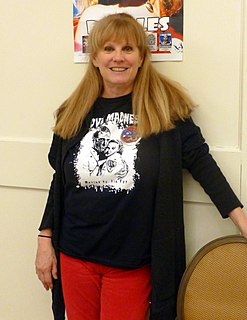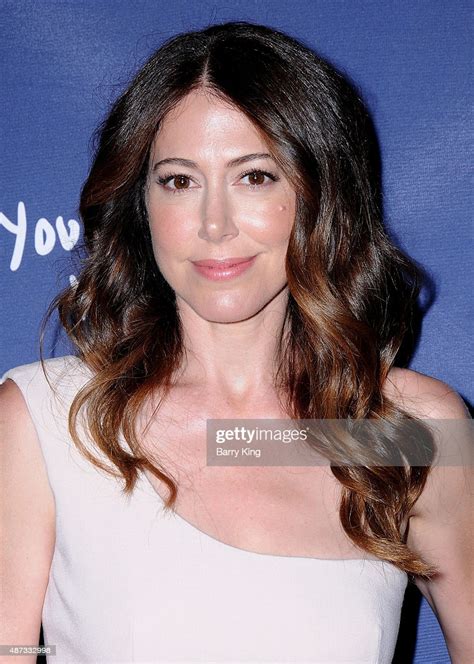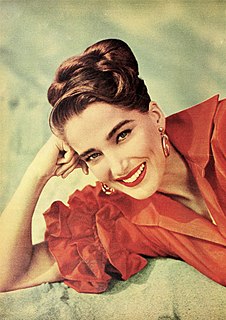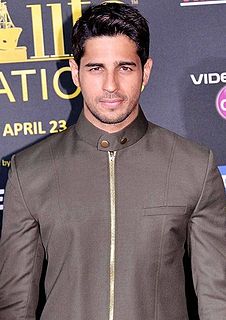A Quote by Jeff Nichols
When I saw the scene in 'Close Encounters,' and Richard Dreyfuss's son is screaming at him - that's a heartbreaking scene. And I remember being devastated by 'E.T.' Or when E.T. started to get sick. That broke me up a little bit.
Related Quotes
The Ramones were a great bunch of guys. They were very quiet, very shy. They were a little in awe of the filmmaking process, probably because we started at 7 a.m. I do remember the very first day of shooting, I met them and did the scene in the bedroom where Joey sings to me, and they were all scattered around my bedroom in my little fantasy scene. That was the first scene we shot of the movie. That scene is kind of a strange way to start a movie. "Okay, get undressed, and these weird guys in leather jackets and ripped jeans are going to sing to you."
When I'm creating a character, it's a little bit like what my theater teachers used to tell me about Stanislavsky, like if you're using sense memory to do a scene - if you have to cry in a scene, you try to remember something in your life that made you cry and you use that in order to get the tears.
I remember being in the audition with Mark [Duplass] and I remember not being able to dominate him. He's so smart and centered and grounded. I can't do what I'd normally do to someone in this situation. I can't get the upper hand in the scene. I was really impressed and excited about the possibility to work with him.
When you shoot a scene, you remember every moment. You remember when your head went down, your head went up. You don't see little quirks, little eye movements, little lip movements. Once again, you become completely vain when you're watching it in a way that you weren't when you were shooting it. And the vanity, what it makes you focus on are everything that has nothing to do with the scene and everything to do with your own ego.
Some directors don't say much. Michael Mann, for example. I remember on 'The Insider' he never had much to say. He would do a scene, just kind of nod, and then set it up to do it again. And you might do a scene 10 or 12 times or more, the same little 31-second bit. And you could tell he wasn't satisfied, but he wouldn't say much.






































